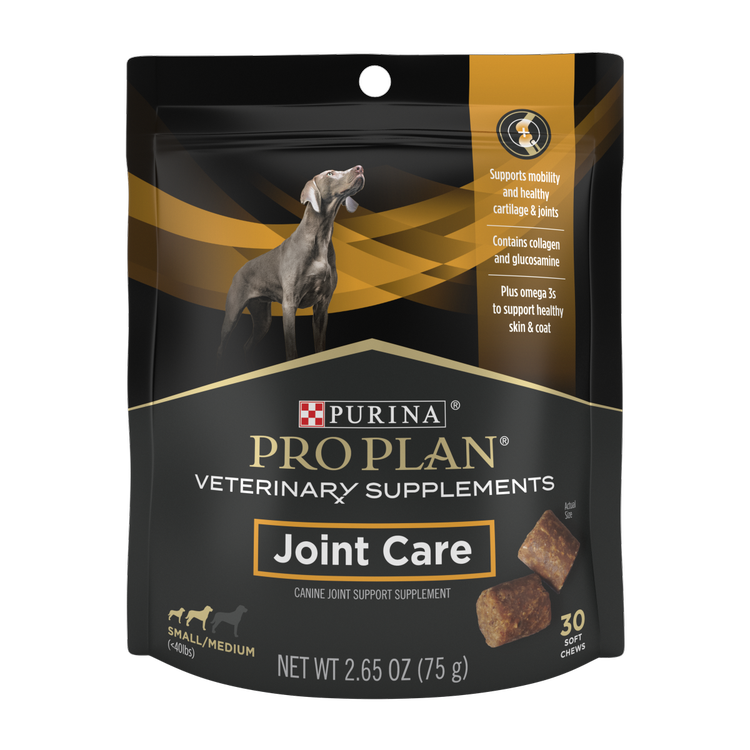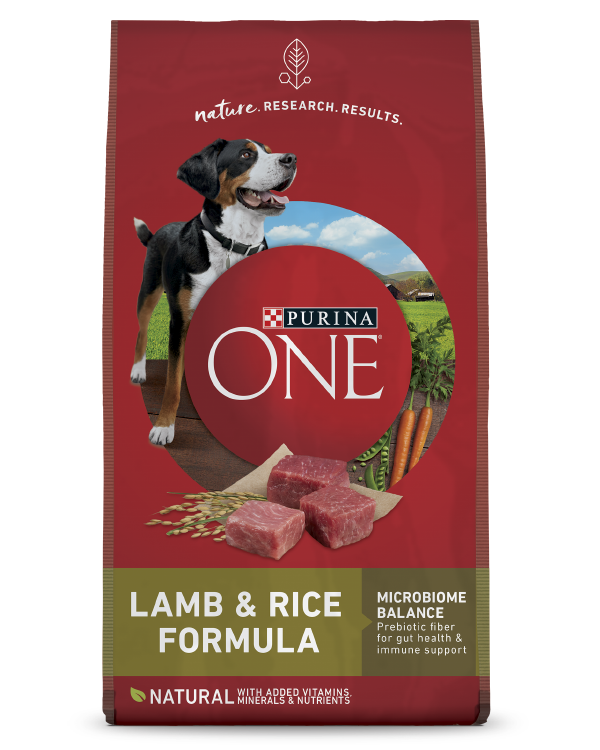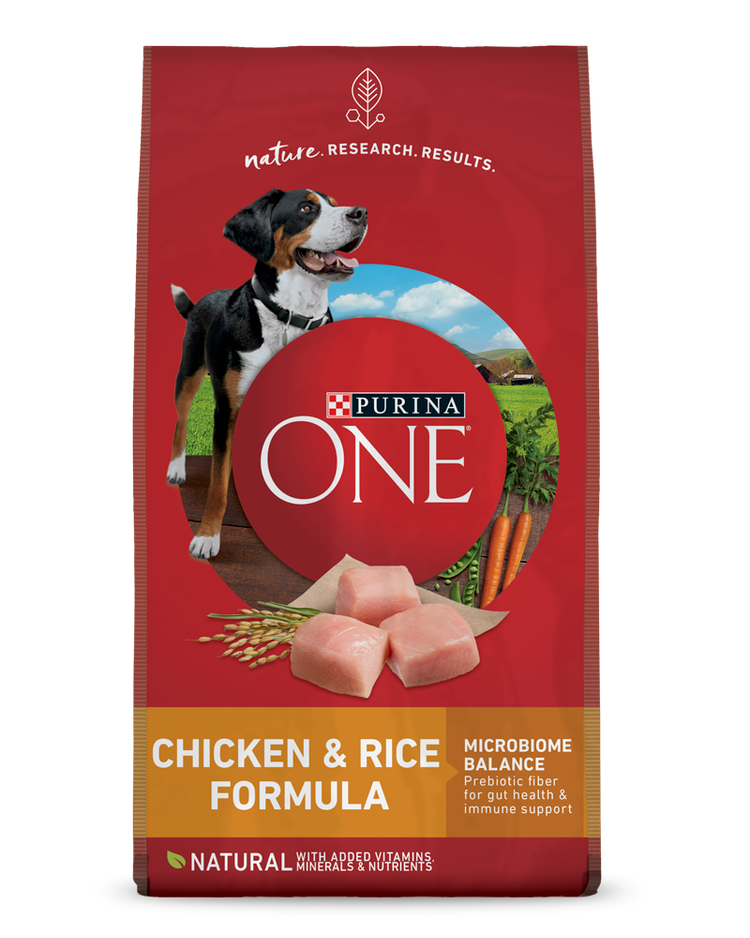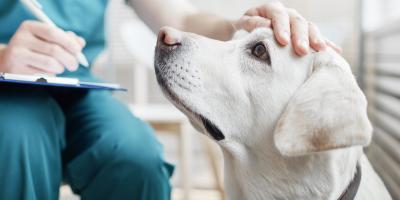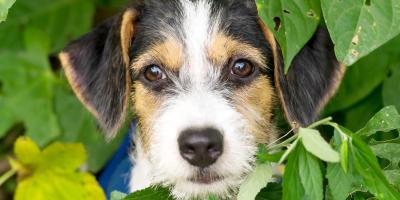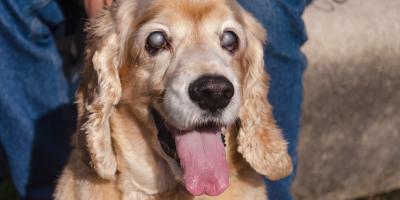Why Do Dogs Eat Dirt, Mud, and Soil?

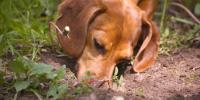
You love watching your buddy roll in the mud with their big, happy face and tongue hanging out, but what if your dog is eating the mud? We know that our dogs eat strange things sometimes, but what if they are chowing down on dirt? You might ask yourself, Why would a dog eat dirt, and should I be concerned?
Why Do Dogs Eat Dirt?
What does it mean when a dog eats dirt? When dogs eat objects that are not food related, such as rocks, grass, sticks, or garbage, this is an eating disorder called pica. A form of pica is called geophagia, which is where a dog will purposely eat dirt, mud, or soil.
There are several reasons a dog might choose to eat dirt that are caused by nutritional, behavioral, or medical reasons:
Nutritional
Sometimes if your dog’s food does not have sufficient minerals and nutrients in it, your buddy might turn to the dirt and soil to get these things. Make sure that you are feeding your buddy high-quality dog food that meets their nutritional requirements.
Behavioral
Sometimes a dog eats these things because they are bored or stressed. Dogs that get bored due to a lack of exercise or enriching activities might eat dirt to occupy their time. Dogs that develop separation anxiety from their owners or are experiencing some other form of stress might eat dirt as a symptom of their mental health condition. Also, they could have just smelled something tasty in the soil and were trying to go after that but ended up with a mouthful of dirt instead.
Medical
There are some medical conditions that may drive your dog to eat dirt. To further complicate this, some conditions may not cause obvious signs in your dog. It's important to work with your veterinarian if there is a concern for an underlying health problem.
What is a Dog Lacking When it Eats Dirt?
When the cause is a nutritional deficiency, it is usually because they aren’t getting enough essential minerals. They might also not be getting fed enough and are using dirt as a filler for their stomach. Talk to your vet about what type of diet to feed your dog and how much to feed them each day.
Usually, it is recommended to give dogs a meal at least twice a day. Dogs that are under 10 pounds may benefit from 3-4 small meals a day. Make sure you give them the proper food portions for their size and are evenly breaking up these portions into 2-3+ meals throughout the day. Remember to discuss proper food and feeding amounts with your veterinarian or veterinary team.
Side Effects of Dog Eating Dirt
There are several health risks associated with pica and geophagia:
- Impacted intestines, which usually requires surgery
- Consumption of pesticides, fertilizers, and other toxins
- Overconsumption of specific minerals leading to toxicity
- Choking
- Damage to their teeth, throat, digestive tract, or stomach due to the ingestion of rocks, sticks, or other sharp objects
- Ingestion of soil-dwelling parasites, including hookworms, roundworms, tapeworms, and whipworms
If your dog has an emergency, take them to the nearest vet or animal hospital right away. If you suspect that your dog ingested something poisonous, you can always contact your vet, a local animal hospital, or the Animal Poison Control Center (APCC) at (888) 426-4435.
Either way, if you notice these unusual behaviors in your dog, it’s good to seek out medical attention as soon as possible.
How to Stop a Dog From Eating Dirt
There are several ways you can help your dog overcome their need to eat dirt:
- Ensure that your dog is eating enough and that their food is nutritionally well-balanced. Talk to your vet if you need help in finding the food that’s best for them
- Provide them with a distraction when you see your dog starting to eat dirt. This could be a verbal command, a loud noise, a chew toy, a treat, etc.
- Leash-walk your dog and make sure you supervise them when they are outside, so that they stay away from exposed soil. If they do try to eat something they aren’t supposed to, then you will be right there to remove it
- Deny access to their favorite dirt-eating areas and make sure they are blocked off from these places somehow
- Remove any indoor plants with potting soil that your dog could eat or place them out of reach from your buddy
- Reduce anxiety and boredom by providing your dog with lots of toys, plenty of exercise, and many enriching experiences. If your dog is suffering from severe anxiety, then talk to your vet about treatment plans and options
- Address any potential causes of stress, such as big routine changes, separation anxiety, etc.
- Seek help from a professional trainer or dog behavior specialist if none of these suggestions is working
If you suspect there could be an underlying medical condition that is causing your dog to engage in these odd behaviors, then reach out to your vet for care.
When to See the Vet
A dog licking a little dirt here and there will most likely not harm your loved one. But if they are eating dirt in large amounts or if they are doing this compulsively for the first time, then your dog might have a medical condition that will need immediate attention. Contact your vet to see if they can evaluate your pet, especially if your buddy is showing any of the following symptoms:
- Eating dirt frequently or suddenly
- Decreased appetite
- Constipation or irregular bowel movements
- Lethargy
- Pale gums (sign of anemia)
- Vomiting
- Diarrhea
Be prepared to answer the following questions from your vet:
- What are your dog’s symptoms?
- How long have you noticed these symptoms?
- Did your dog eat any foreign objects (dirt, rocks, toxins, etc.), and if so, how long ago did they eat these items?
- Is your dog on any medications?
- What kind of food is your dog eating? Has there been any changes to their diet?
- Have you noticed any vomiting or diarrhea?
- Is your dog on any regular heartworm or flea/tick preventative? When was the last time they took this medication?
Your vet may need to run many diagnostic tests to determine the underlying cause of your dog’s pica or geophagia. These tests might include blood work, evaluating the urine and/or feces, and even imaging such as x-rays or ultrasounds. In certain cases, they may even recommend taking tissue samples or performing a food trial test.
Your vet will know the best treatment plan for your pup once they have more information on what is going on with them.
For more expert tips on dogs’ health, explore our other dog health symptoms articles.

Reward Yourself with myPurina
Earn and redeem rewards for Purina products with the myPurina app.

